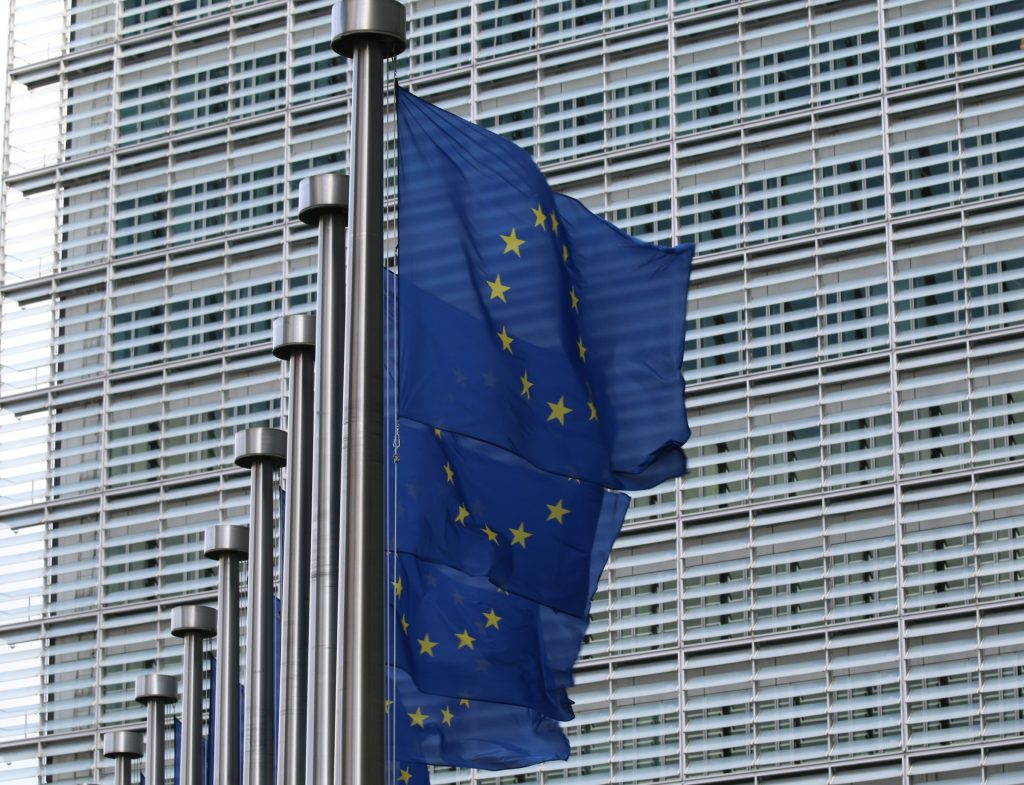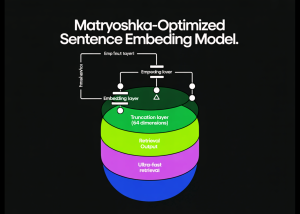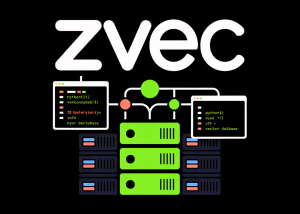CERTAIN drives ethical AI compliance in Europe

EU-funded initiative CERTAIN aims to drive ethical AI compliance in Europe amid increasing regulations like the EU AI Act.
CERTAIN — short for “Certification for Ethical and Regulatory Transparency in Artificial Intelligence” — will focus on the development of tools and frameworks that promote transparency, compliance, and sustainability in AI technologies.
The project is led by Idemia Identity & Security France in collaboration with 19 partners across ten European countries, including the St. Pölten University of Applied Sciences (UAS) in Austria. With its official launch in January 2025, CERTAIN could serve as a blueprint for global AI governance.
Driving ethical AI practices in Europe
According to Sebastian Neumaier, Senior Researcher at the St. Pölten UAS’ Institute of IT Security Research and project manager for CERTAIN, the goal is to address crucial regulatory and ethical challenges.
“In CERTAIN, we want to develop tools that make AI systems transparent and verifiable in accordance with the requirements of the EU’s AI Act. Our goal is to develop practically feasible solutions that help companies to efficiently fulfil regulatory requirements and sustainably strengthen confidence in AI technologies,” emphasised Neumaier.
To achieve this, CERTAIN aims to create user-friendly tools and guidelines that simplify even the most complex AI regulations—helping organisations both in the public and private sectors navigate and implement these rules effectively. The overall intent is to provide a bridge between regulation and innovation, empowering businesses to leverage AI responsibly while fostering public trust.
Harmonising standards and improving sustainability
One of CERTAIN’s primary objectives is to establish consistent standards for data sharing and AI development across Europe. By setting industry-wide norms for interoperability, the project seeks to improve collaboration and efficiency in the use of AI-driven technologies.
The effort to harmonise data practices isn’t just limited to compliance; it also aims to unlock new opportunities for innovation. CERTAIN’s solutions will create open and trustworthy European data spaces—essential components for driving sustainable economic growth.
In line with the EU’s Green Deal, CERTAIN places a strong focus on sustainability. AI technologies, while transformative, come with significant environmental challenges—such as high energy consumption and resource-intensive data processing.
CERTAIN will address these issues by promoting energy-efficient AI systems and advocating for eco-friendly methods of data management. This dual approach not only aligns with EU sustainability goals but also ensures that AI development is carried out with the health of the planet in mind.
A collaborative framework to unlock AI innovation
A unique aspect of CERTAIN is its approach to fostering collaboration and dialogue among stakeholders. The project team at St. Pölten UAS is actively engaging with researchers, tech companies, policymakers, and end-users to co-develop, test, and refine ideas, tools, and standards.
This practice-oriented exchange extends beyond product development. CERTAIN also serves as a central authority for informing stakeholders about legal, ethical, and technical matters related to AI and certification. By maintaining open channels of communication, CERTAIN ensures that its outcomes are not only practical but also widely adopted.
CERTAIN is part of the EU’s Horizon Europe programme, specifically under Cluster 4: Digital, Industry, and Space.
The project’s multidisciplinary and international consortium includes leading academic institutions, industrial giants, and research organisations, making it a powerful collective effort to shape the future of AI in Europe.
In January 2025, representatives from all 20 consortium members met in Osny, France, to kick off their collaborative mission. The two-day meeting set the tone for the project’s ambitious agenda, with partners devising strategies for tackling the regulatory, technical, and ethical hurdles of AI.
Ensuring compliance with ethical AI regulations in Europe
As the EU’s AI Act edges closer to implementation, guidelines and tools like those developed under CERTAIN will be pivotal.
The Act will impose strict requirements on AI systems, particularly those deemed “high-risk,” such as applications in healthcare, transportation, and law enforcement.
While these regulations aim to ensure safety and accountability, they also pose challenges for organisations seeking to comply.
CERTAIN seeks to alleviate these challenges by providing actionable solutions that align with Europe’s legal framework while encouraging innovation. By doing so, the project will play a critical role in positioning Europe as a global leader in ethical AI development.
See also: Endor Labs: AI transparency vs ‘open-washing’
Want to learn more about AI and big data from industry leaders? Check out AI & Big Data Expo taking place in Amsterdam, California, and London. The comprehensive event is co-located with other leading events including Intelligent Automation Conference, BlockX, Digital Transformation Week, and Cyber Security & Cloud Expo.
Explore other upcoming enterprise technology events and webinars powered by TechForge here.












